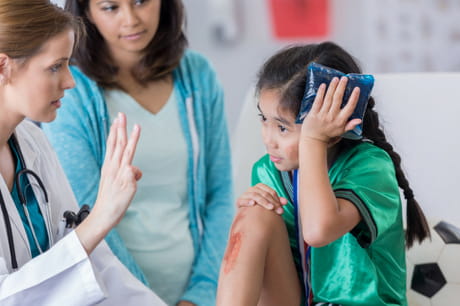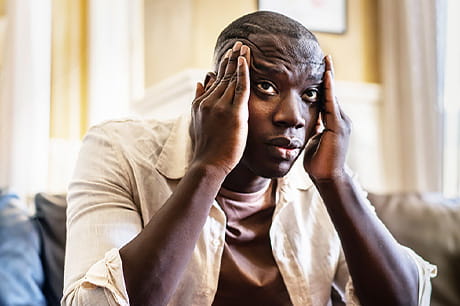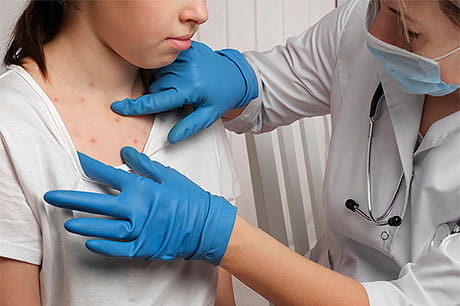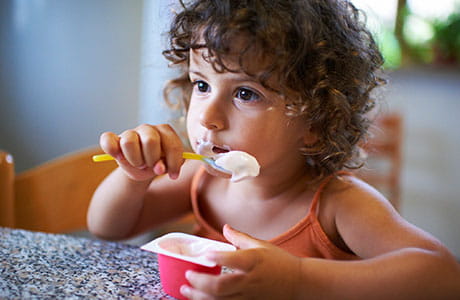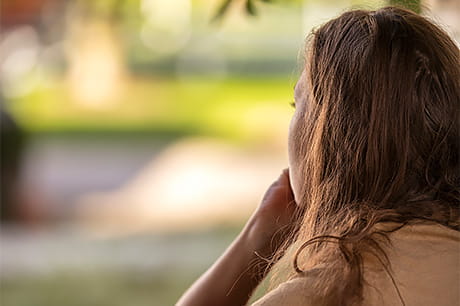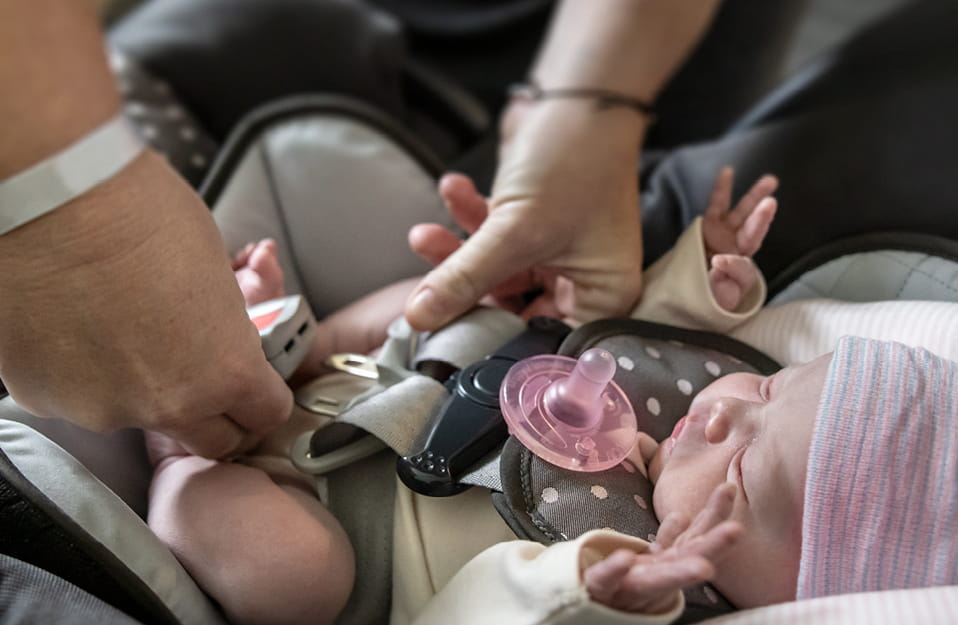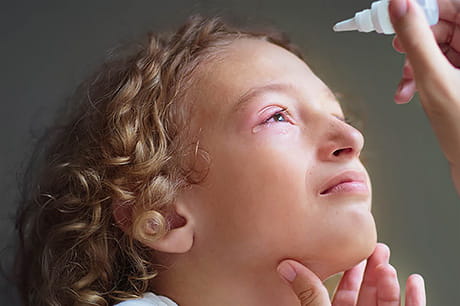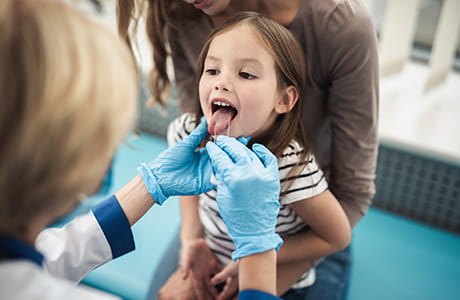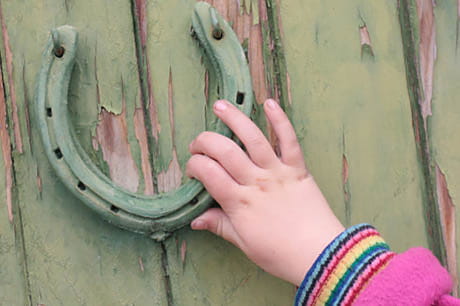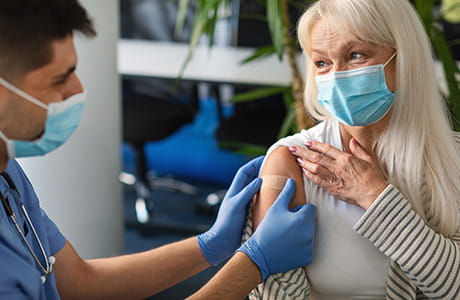Concussions are on the rise: Here’s how to prevent them at summer camp
How to keep summer camp fun
Summer camp is an exciting time for your kids—they get a chance to play outside all day, meet new friends and keep learning. But it’s also a time that your kids are much more susceptible to injury.
“Summer camp is the perfect place for your kids to get plenty of exercise and have fun, but it’s also a place where they can get injured,” said Geisinger primary care sports medicine physician Justin Tunis, MD. “Concussions are a growing concern for kids at any time of the year—but they are especially common during the summer months”
Concussions are on the rise in the U.S., especially in children ages 10 to 19. Over a seven-year period, the highest incidence of concussion was in kids 15 to 19, followed by those 10 to 14.
“Preventing concussions should be a priority for both parents and camp counselors,” said Dr. Tunis, “but it’s also very important that everyone knows how to recognize the symptoms in a young person and what to do if you think a child has a concussion.”
Parents should keep in mind these tips when choosing a summer camp:
- Know who’s supervising your child and what training they have. Adults or well-trained teenage camp counselors should be supervising your child while they’re at summer camp. Get to know the counselors before your child begins camp.
- How many campers are assigned to each counselor? Your child likely has a better chance of avoiding injury if this ratio is low.
- Take a look at the equipment your child will use. Playground equipment, such as monkey bars, sliding boards and swings should be free from rust and in working order. The playground surface should also be made from a soft material, such as rubber chips, mulch or sand.
- Find out what safety equipment is being used. If your child will be horseback riding, playing baseball, using a ropes course, ensure helmets and other safety equipment is being used. If possible, check it to ensure it’s in working order.
- Learn the process for notifying parents when a child is injured. Discuss what happens in the event your child is injured, whether it’s a head injury or an ankle sprain.
- Find out how counselors are trained on concussion protocol. Your child’s summer camp likely has a medical director or a staff doctor; however, it’s important that camp counselors and other staff also have concussion protocol training.
If your child does fall off the monkey bars or hits their head playing sports, their behavior should be closely monitored by an adult. Signs of a concussion include being dazed or stunned after a hit, not remembering events before or after the injury, answering questions slowly and moving slowly or clumsily.
“If your child sustains a concussion, he or she may have a headache or feel pressure in their head. Similarly, the child may feel nauseous, dizzy, or may be sensitive to light or noise,” said Dr. Tunis. “If you notice these signs, let a camp counselor know immediately so your child can be assessed by a professional.”
Primary care sports medicine physician Justin Tunis, MD, sees patients at Geisinger Orthopaedics and Sports Medicine Scranton, 3 West Olive St., Scranton.
